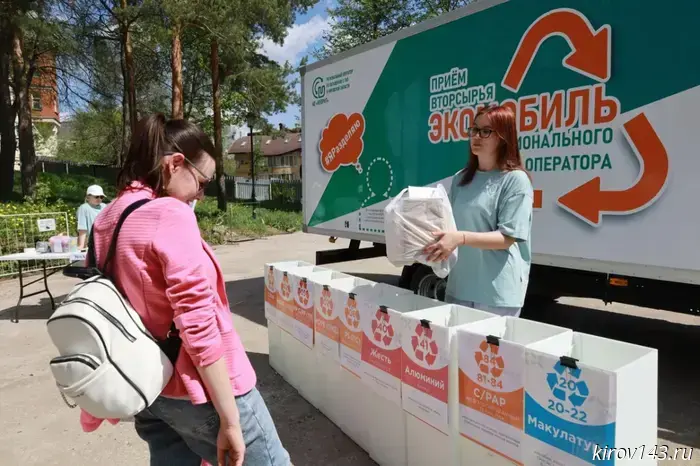
Recyclables after RSO grids: how waste is recycled in Russia
The development of separate waste collection in Russia is becoming a key element in the implementation of the national Environmental Well-Being project and the Clean Country party project. One of the goals of these projects is to reduce the volume of waste disposal and increase the share of recycling of secondary resources.
However, for many citizens, the process of separate waste collection ends at the stage of feeding the material into the grid of the RSO. In reality, this is just the beginning of the recycling path, which, after collection, is sent to specialized workshops for further sorting, transportation and processing.
In garbage trucks, recyclables are delivered to sorting stations, where manual material selection is carried out. After that, each fraction is pressed into bales and sent to the processing plant. The plastic is processed into granules or flexa, which are then used to produce new bottles, packaging, and furniture. Waste paper becomes the basis for the production of paper and cardboard, and metal and glass are melted down to create new objects.
It is important to note that different materials can be recycled a limited number of times. Plastic, for example, can be recycled no more than three times, as its quality decreases with each recycling cycle. Paper can be recycled from 7 to 16 times, and metal and glass can be recycled indefinitely without losing their properties.
In addition, recyclables collected in RSO grids are often contaminated, which reduces their quality. In contrast, the materials coming from eco-centers are already being pre-sorted and cleaned, which allows them to be used for the production of a wider range of products.
Другие Новости Кирова (НЗК)
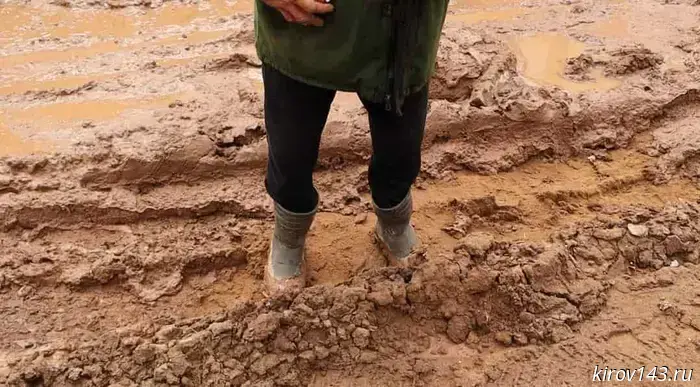 Residents of Rudnitsky Street faced an impassable road
The Popular Front spoke about the problem of Kirov residents.
Residents of Rudnitsky Street faced an impassable road
The Popular Front spoke about the problem of Kirov residents.
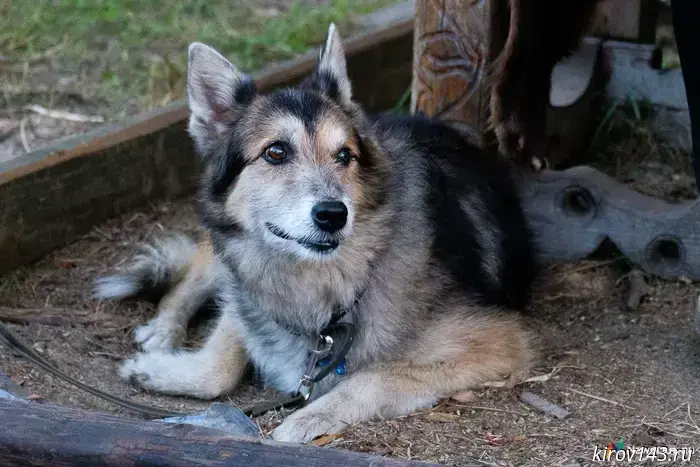 13-year-old girl gets three thousand for dog bite
A mongrel dog bit a teenager in the leg.
13-year-old girl gets three thousand for dog bite
A mongrel dog bit a teenager in the leg.
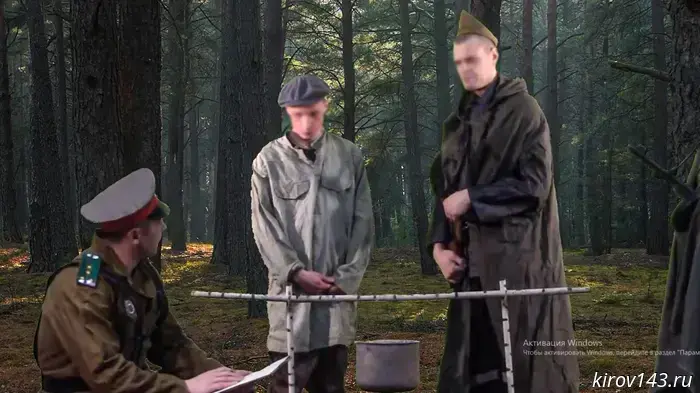 The convicts of the Kirov region presented theatrical productions based on "Son of the Regiment"
A theatrical competition dedicated to Valentin Kataev's novel "Son of the Regiment" was held in correctional institutions of the Kirov region.
The convicts of the Kirov region presented theatrical productions based on "Son of the Regiment"
A theatrical competition dedicated to Valentin Kataev's novel "Son of the Regiment" was held in correctional institutions of the Kirov region.
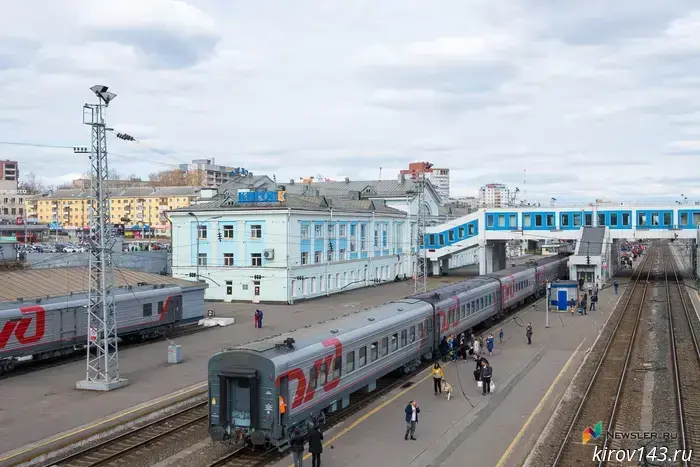 For Kirov beneficiaries, they made a "smart ride" on suburban trains
The government talked about the new service.
For Kirov beneficiaries, they made a "smart ride" on suburban trains
The government talked about the new service.
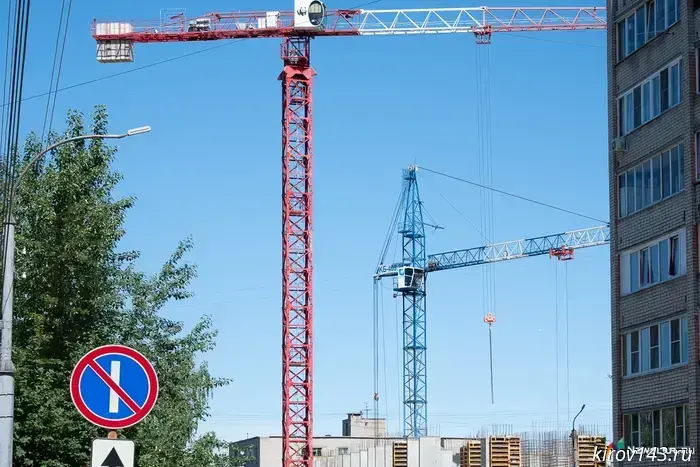 Two thousand "squares" in the center of Kirov went for 31 million rubles on the third attempt
An auction was held for the sale of a land plot for a construction site in the city of Kirov within the boundaries of Trade Union and Freedom streets. The tender was held for the third time and was recognized as successful.
Two thousand "squares" in the center of Kirov went for 31 million rubles on the third attempt
An auction was held for the sale of a land plot for a construction site in the city of Kirov within the boundaries of Trade Union and Freedom streets. The tender was held for the third time and was recognized as successful.
 The monument "Winners" will be repaired by April 20.
The government discussed the poor-quality repair of the monument "Winners" in the city of Yaransk.
The monument "Winners" will be repaired by April 20.
The government discussed the poor-quality repair of the monument "Winners" in the city of Yaransk.
Recyclables after RSO grids: how waste is recycled in Russia
Separate waste collection is an important step towards the country's environmental well—being. However, after the recyclables are left in the RSO grids, their path is far from complete: the materials go through additional stages of processing, from sorting to creating new goods.
